On July 21, 1954, the Geneva Conference held its closing session and adopted the “Final Declaration” on the agreement to restore peace in Indochina. This was the result of the difficult and arduous struggle of the Vietnamese people under the leadership of the Party, headed by President Ho Chi Minh; at the same time, it was also a great victory of the young diplomacy of the Democratic Republic of Vietnam, leaving behind many valuable experiences for the current cause of national construction and development.
Principles of independence, unity and territorial integrity
On May 8, 1954, one day after the fall of the French colonial stronghold of Dien Bien Phu, the Geneva Conference on Indochina opened. The delegation of the Democratic Republic of Vietnam, led by Deputy Prime Minister and Acting Minister of Foreign Affairs Pham Van Dong, was in the position of a victorious nation.
This was the first time the young Democratic Republic of Vietnam's diplomacy participated in an international conference with representatives of five major countries: the Soviet Union, China, France, England and the United States.

In the early morning of July 21, 1954, three agreements to cease hostilities in Vietnam, Laos and Cambodia were signed. Also on July 21, 1954, the conference held its closing session and adopted the “Final Declaration” on the agreement to restore peace in Indochina, consisting of 13 points, which affirmed the satisfaction of the conference participants on the cessation of hostilities in the Indochinese countries; affirmed that the conference participants acknowledged the principles of independence, unity and territorial integrity of Vietnam; and stipulated the withdrawal of French troops from the Indochinese countries... The US delegation did not participate in the conference declaration and issued a separate statement.
According to Deputy Prime Minister Pham Van Dong, “The Geneva Agreement in summary consists of two important points: One is to stipulate a temporary military demarcation line; Two is to organize a general election to unify Vietnam, two years after the signing of the Geneva Conference, that is, July 1956. These two points are closely related to each other, the military demarcation line is only temporary because when a “general election” is organized to unify Vietnam, of course this demarcation line will no longer exist.”
Everlasting values
The great historical significance of the Geneva Conference was clearly shown in the Appeal immediately after the conference ended (July 22, 1954): “The Geneva Conference has ended. Our diplomacy has had a great victory... The French Government has recognized the independence, sovereignty, unity and territorial integrity of our country, and has recognized that the French army will withdraw from our country.”
On July 25, 1954, the Vietnam Workers' Party (now the Communist Party of Vietnam) continued to affirm: "Achieving the above-mentioned Agreement is a great victory of our people and army... also a victory of the world's peace-loving people, of the people of friendly countries, of the French people... is a defeat of aggressive colonialism... a defeat of American imperialism". Speaking about the significance of the victory of the Geneva Conference, President Ho Chi Minh vividly compared: "If before we only had forests and mountains and night, now we have rivers, seas and day".
After the August Revolution of 1945, the Geneva Conference was the first fundamental strategic victory that was extremely important for us to move forward to higher victories until we achieved complete victory. In fact, without the premise created by the Geneva Conference, it would be difficult to have later victories. With the Geneva Conference, we brought the armed forces and political forces of the South to the North to build and train, and sent a large number of students from the South to the North to train and become key cadres later.
The Geneva Conference also gave the North more than 10 years of peace to build a large rear base to support the South in fighting the US. At the same time, the Geneva Conference was also a victory for the national liberation movement around the world. Because it contributed to reducing the tension in the region and the world, especially initiating the collapse of old colonialism in the world, strongly encouraging the national liberation movement in Asia, Africa, and Latin America; creating a favorable environment for the socialist system to develop its forces; promptly preventing the US plot to prolong and expand the war, and eventually control the situation in Southeast Asia.
In 1998, based on the exploitation of many new documents and consultation with many Party and State leaders during the resistance war against France, the Standing Committee of the Central Military Party Committee (now the Central Military Commission) concluded: “The Geneva Conference was only a temporary pause in the war of national liberation for us to consolidate the victory we had won, preparing to enter a new phase, the phase of fighting against American imperialism, saving the country, liberating the South, and unifying the Fatherland. We signed the Geneva Conference at the right time, ending the resistance war against France in this way was appropriate, reflecting the correct comparison of our forces and the enemy's on the battlefield and the international situation at that time. Because at that time, on the enemy's side, although the French colonialists had suffered a great defeat, they still had forces and behind France was the American imperialists who were plotting to directly intervene in the Indochina war. As for us, at that time we won a great victory, but also had new difficulties, not yet having enough conditions to continue the war to liberate the whole country. In the international arena, brotherly countries, including the Soviet Union and China, both wanted peace to build their countries and both wanted the war in Indochina to come to a solution.
Although there were still desires to achieve more beneficial issues at the Geneva Conference, in the historical context at that time, it can be affirmed that the Geneva Agreement was a political and diplomatic victory of the Democratic Republic of Vietnam; a great success of the resistance war against the French colonialists, marking a step forward in the process of national liberation and national unification.
At the same time, it left behind many valuable experiences: first, it is necessary to create a situation of both fighting and negotiating to gain victory; second, to put national and ethnic interests as both the goal and the highest principle in foreign affairs; third, to maintain independence and autonomy in the negotiation and signing process; fourth, to persevere in the stance of ending the war on the basis of peace, independence and national unification; fifth, to accurately assess the international situation, especially the attitudes of major countries, to have appropriate countermeasures.
The lessons learned need to be distilled and applied in foreign affairs activities in the new period, first of all to successfully implement the foreign policy outlined at the 13th National Congress of the Party (January 2021): Vietnam "consistently implements a foreign policy of independence, self-reliance, peace, friendship, cooperation and development, diversifying and multilateralizing foreign relations...
Vietnam is a friend, a trustworthy partner and an active, responsible member of the international community", thereby contributing to maintaining a peaceful and stable environment to arouse and realize the aspiration to build a strong, prosperous and happy Vietnam.
Colonel, Associate Professor, Dr. NGUYEN VAN SAU - Deputy Director of the Institute of Military History
Source: https://www.sggp.org.vn/hoi-nghi-geneve-dinh-cao-thang-loi-cua-ngoai-giao-viet-nam-post750318.html




![[Photo] Prime Minister Pham Minh Chinh chaired a meeting to evaluate the operation of the two-level local government model.](https://vphoto.vietnam.vn/thumb/1200x675/vietnam/resource/IMAGE/2025/10/29/1761751710674_dsc-7999-jpg.webp)
![[Photo] Hue: Inside the kitchen that donates thousands of meals a day to people in flooded areas](https://vphoto.vietnam.vn/thumb/1200x675/vietnam/resource/IMAGE/2025/10/29/1761738508516_bepcomhue-jpg.webp)
![[Photo] New-era Party members in the "Green Industrial Park"](https://vphoto.vietnam.vn/thumb/1200x675/vietnam/resource/IMAGE/2025/10/30/1761789456888_1-dsc-5556-jpg.webp)
![[Photo] Human love in the flood in Hue](https://vphoto.vietnam.vn/thumb/1200x675/vietnam/resource/IMAGE/2025/10/29/1761740905727_4125427122470875256-2-jpg.webp)

















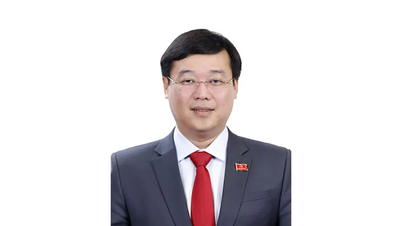

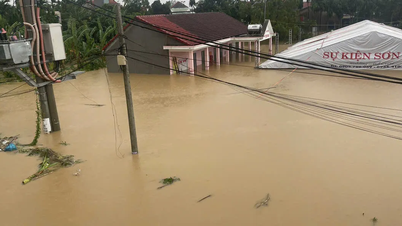

![[Photo] Fall Fair 2025 - An attractive experience](https://vphoto.vietnam.vn/thumb/1200x675/vietnam/resource/IMAGE/2025/10/30/1761791564603_1761738410688-jpg.webp)
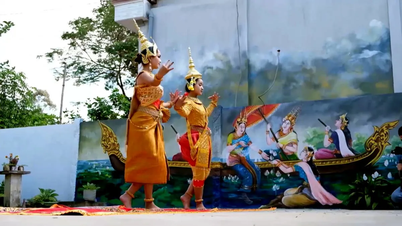










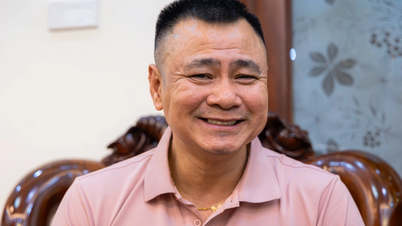








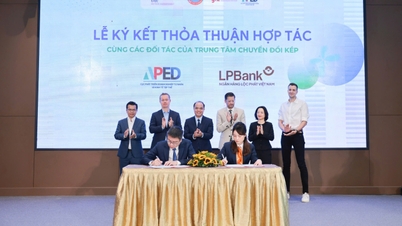

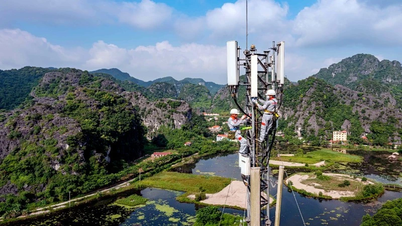
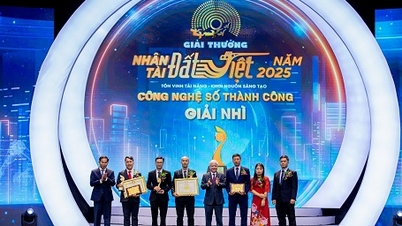

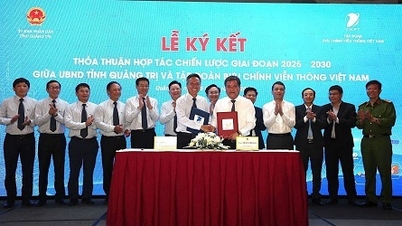
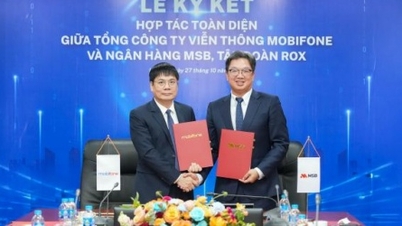







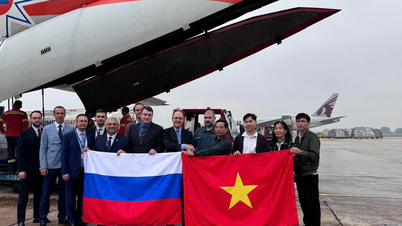


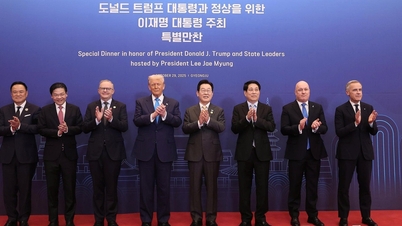

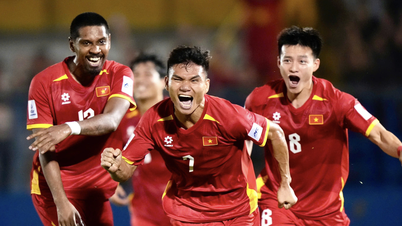

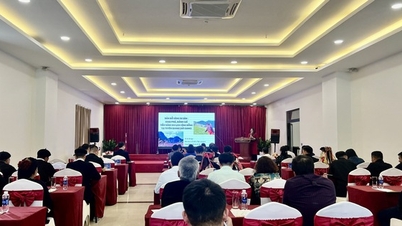
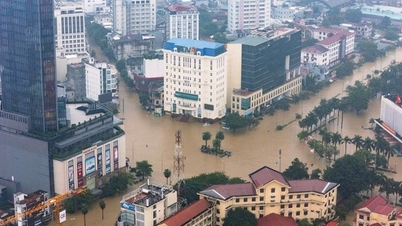
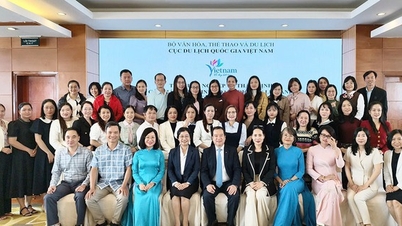

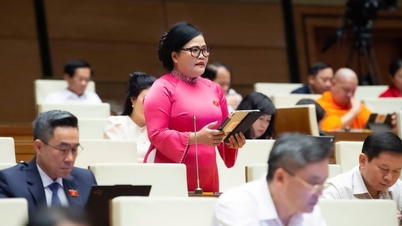
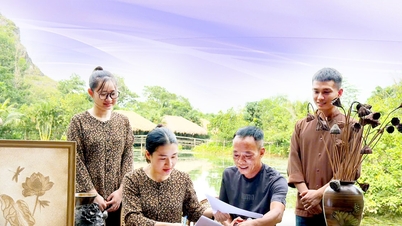







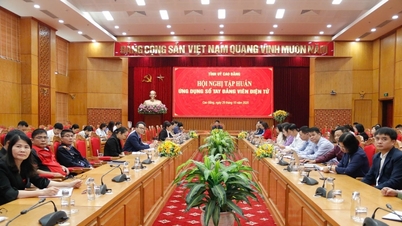












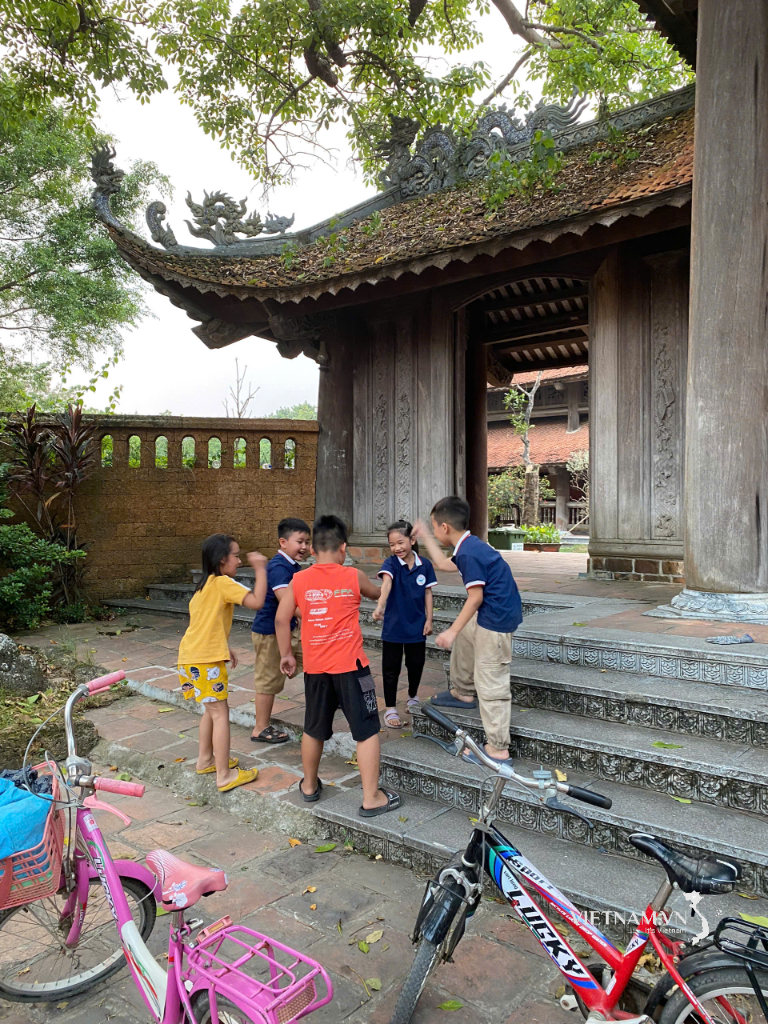
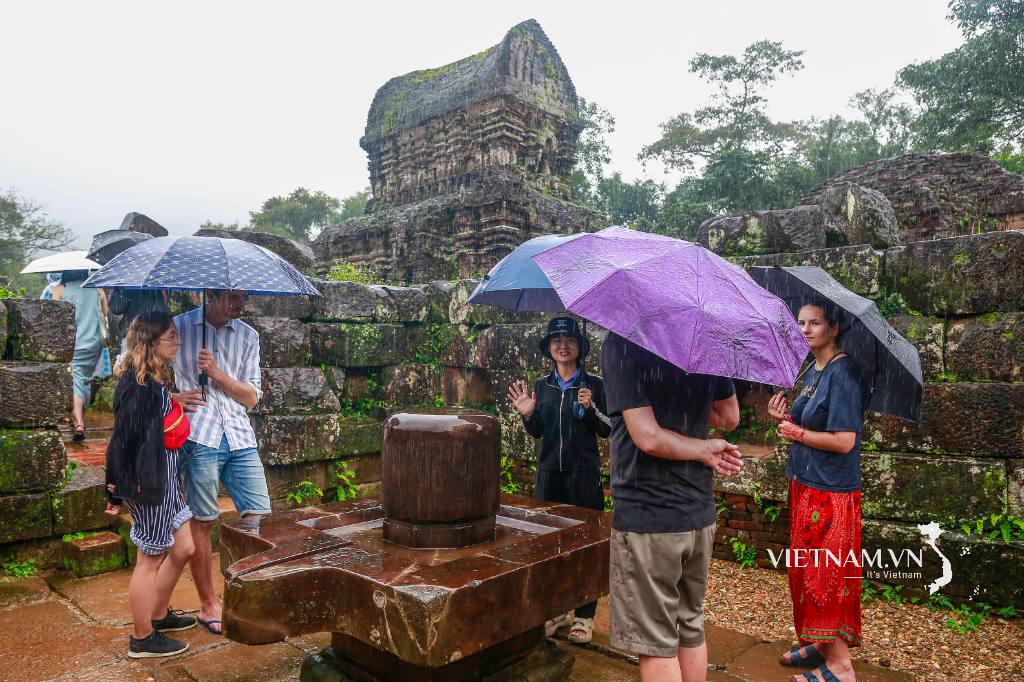

Comment (0)